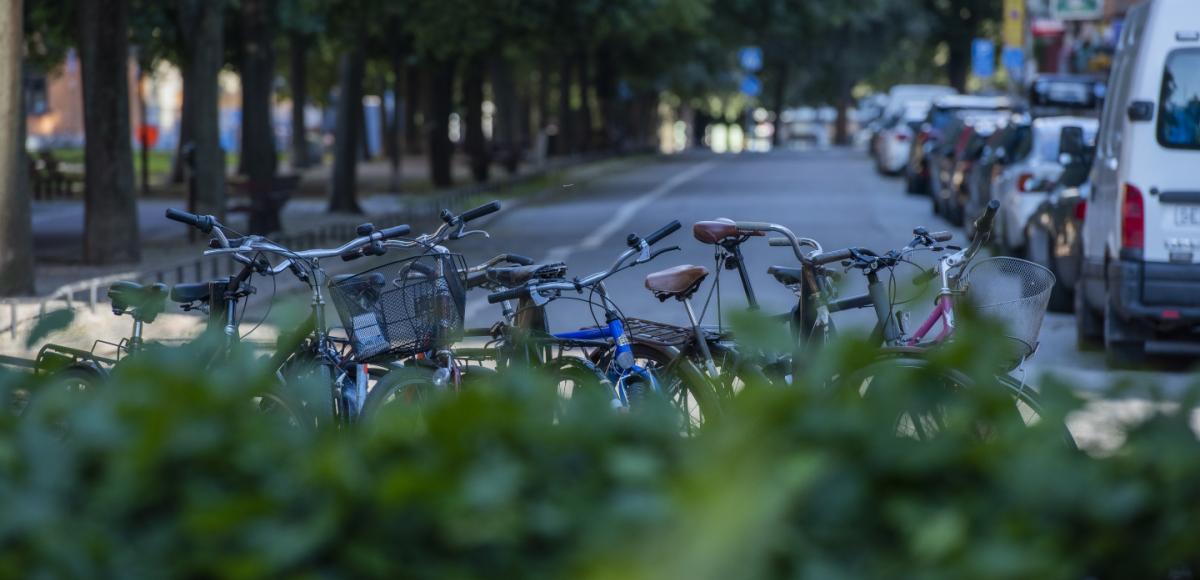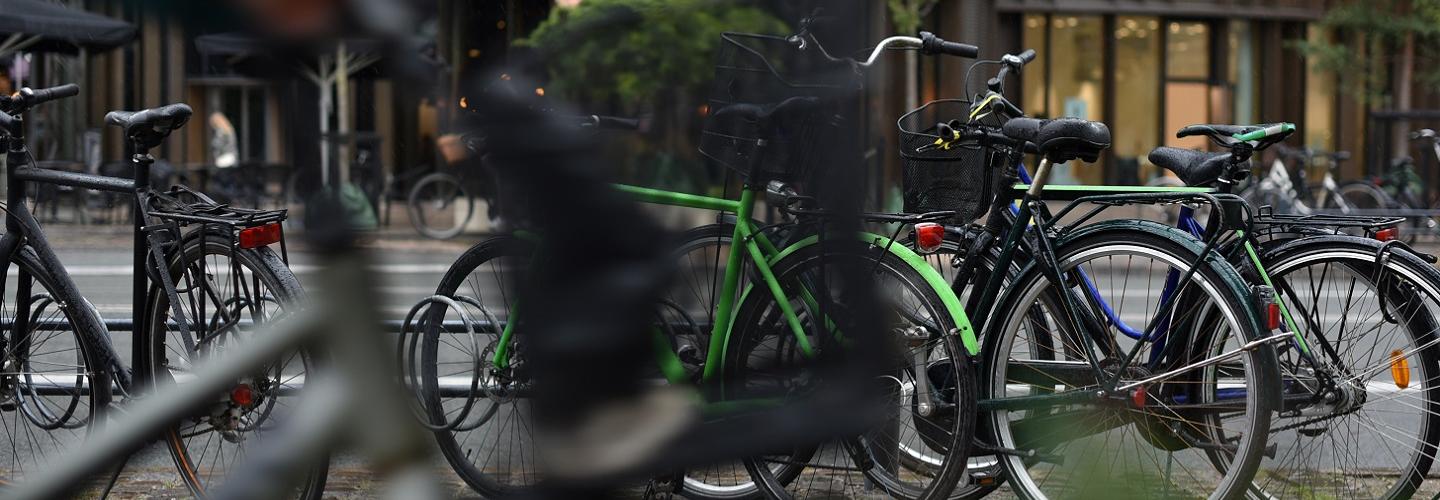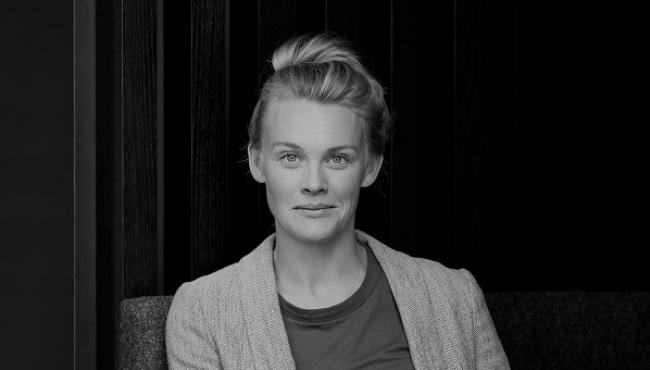
AFRY's mobility expert Karolina Pamp-Sandgren looks for trends in mobility in times of Covid-19.
Future Cities Insight #21 - AFRY's mobility expert Karolina Pamp-Sandgren looks for trends in mobility in times of Covid-19.
The global pandemic sheds new light on most things, not least if and how we move, meet and relate to each other. What changes could we see when society returns to normal and isolation is over?
Electric scooters – will the trend survive the pandemic?
Electric kick scooters are constantly debated. They usually face a lot of criticism in the media, and the citizens have had a love hate attitude towards these vehicles' progress in traffic. The Covid-19 outbreak, which has led to social distancing and working from home, has contributed to a decline in demand for electric scooters, and there is no doubt that times are tough for micro-mobility companies.
On the streets of Stockholm, there are now only two suppliers to choose from compared with a dozen only a few months ago. It remains to be seen whether the electric scooters will survive the crisis. And if they don’t – will they be missed or will the citizens instead let out a sigh of relief?

Digital meetings - will we finally change our travel behavior?
For many years, digital tools have been speculated to replace the physical meeting, thus reducing the need for work trips. This claim has often faced sharp criticism with the argument that nothing can replace meeting face to face.
But with the prevailing pandemic, boundaries have been closed, travel bans introduced and homework urged. In order for work and teaching to continue, the physical meeting has in many places been replaced with digital alternatives. Something the stock market also reacted to when the share price of one of the most widely used meeting services /spiked.
We humans simply seem to be able to adapt when the situation demands it. The question is whether we, after the pandemic, have become such digital experts that our travel patterns change forever? The increasingly alarming climate change factor may be reason enough to consider which commitments are actually worth the trip.
Consideration – will we continue taking care of each other?
When it is not possible to carry out business as usual, many new initiatives are born. One of many examples is the startup company Pony.Ai, which has so far focused on autonomous passenger mobility services. Using their self-driving technology, they offer some Californian cities deliveries of groceries and other goods.
A Swedish example is Freelway AB, which usually facilitates carpooling in the small rural area of Skattungbyn. The team has worked day and night to make the tool available to organizations, municipalities and businesses, and can now help a larger area to easily organize deliveries to the elderly. It is inspiring to see how the crisis makes many of us change, improve and think of new ways to find solutions and take care of each other. I would like to think that we will continue to do so.

